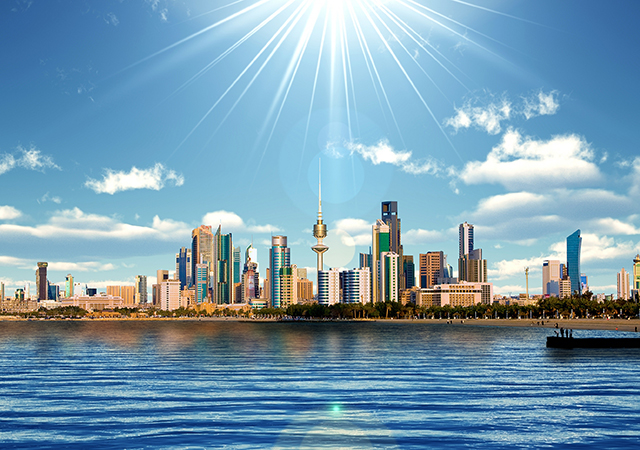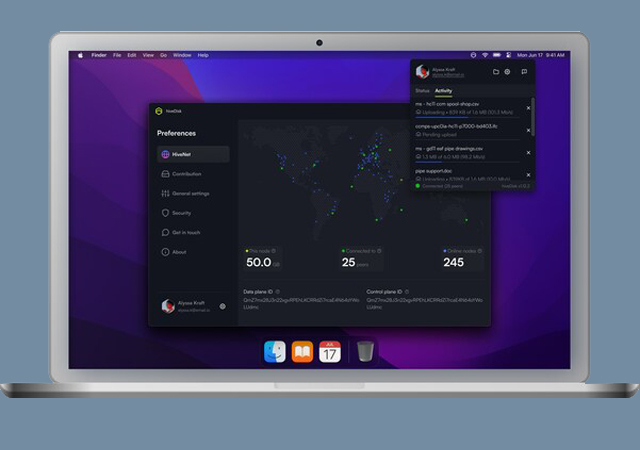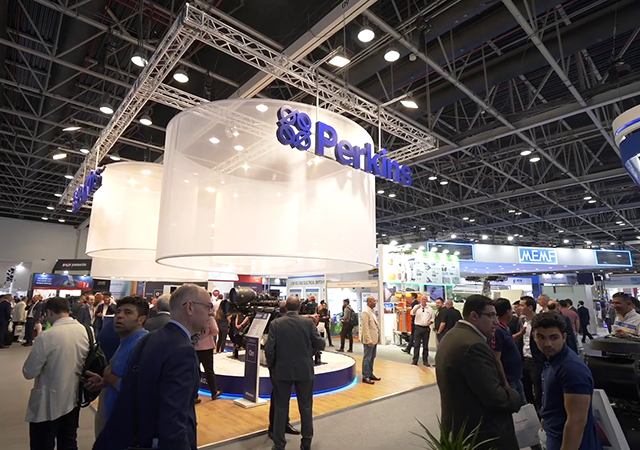

Networked society ‘by 2020’
IN the year 2020, the global landscape will include nine billion people, over eight billion mobile broadband subscriptions and 1.5 billion homes with digital television, with analog almost history.
The vision of the Networked Society will be realised as more than 50 billion connected devices, of which 15 billion will be video-enabled, will rely on mobile IP (internet protocol) networks dominated by video, says Ericsson in its new Media Vision 2020 report.
Ericsson’s strategic view of the future maps how the TV and media industry will evolve over the next six years and shows that the TV industry will be worth $750 billion by 2020.
The Media Vision 2020 project is based on more than six months of research and brings together the concerted efforts of hundreds of people from across the global Ericsson organisation. It includes statistical data, detailed surveys, and interviews with individuals, focus groups, industry participants and consumers.
Included in the vision are key beliefs and assertions, the timing and application of which will vary based on infrastructure and economic development in different regions. In advanced markets, by 2020 it is foreseen that:
The Networked Society is realised – 15 billion video-enabled devices are connected to broadband IP, transforming the consumption experience of TV. Mobile broadband is essential in all regions and fundamental in emerging regions. OTT delivery for all – delivery of content over-the-top becomes applicable to all TV service providers or content owners as a way of reaching consumers, and enhancing established broadcast delivery platforms.
$1.8bn global investment plan in Bahrain
AS many as 103 companies have committed to investing a total of $1.8 billion at the Bahrain International Investment Park (BIIP) in Salman Industrial City, Industry and Commerce Minister Dr Hassan Fakhro said.
The minister said the companies had the potential to provide over 10,000 jobs at full production.
According to Dr Fakhro, over half of the companies are based in Germany, the US, the UK, France, India, Singapore, China, Japan, Saudi Arabia and other countries.
“These foreign companies represent over 80 per cent of the total investment commitment of $1.8 billion. More than 58 new projects are already operational and they employ over 3,500 people,” he said.
Saudi Arabia imports 80pc of food needs
SAUDI Arabia is importing 80 per cent of its food products while the remaining 20 per cent is produced within the kingdom, a report said.
Overall, GCC countries are importing 90 per cent of food requirements from other countries, Arab News said, quoting a recent World Bank report.
Qatar claims the top spot among the GCC countries for dependence on imports at 97 per cent, while Bahrain is in the second place at 92 per cent, followed by Kuwait (91 per cent), and the UAE and Oman at 89 per cent each, the report said.
Qatar GDP may hit $230bn this year
QATAR’S gross domestic product (GDP) is expected to touch $230 billion in the current fiscal year as the country is expected to achieve a 6 to 7 per cent growth rate for 2014-15, a report said.
Qatar has the potential to emerge as the region’s second largest economy, The Peninsula newspaper said citing a report in Al Sharq.
Qatar’s huge foreign investments by its sovereign fund in several sectors have also started paying its dividends. This will give an extra push to Qatar’s economic growth, the report said.
Economy and Trade Minsiter Sheikh Ahmed bin Jassim bin Mohamed Al Thani said recently the country’s GDP had reached $202.38 billion in 2013, recording an impressive growth of 6.5 per cent, the report said.
Bahrain firms ‘to see earnings grow 10pc’
KUWAIT Financial Centre (Markaz) expects earnings of Bahrain companies to grow by 10 per cent this year, it said in a report based on a study of over 650 companies across GCC.
Markaz said it sees strong earnings growth of 12 per cent for the region as a whole, adding that it believes local developments in the GCC region play a vital role in stock markets in the region.
Improving economic prospects in the developed economy such as the US and the euro zone are expected to increase volume of exports across the region, the report said.
Markaz expects economic activities in anticipation of the Dubai Expo 2020 and Fifa World cup 2022 to be positive for the real estate and construction-related sectors.
The report revealed that total earnings for GCC corporates during last year amounted to $59.2 billion and total earnings during the second half were $29.3 billion.
Second half earnings were driven by strong performance from financial services, real estate, construction, telecommunications and conglomerates.
Aggregate net profits from financial services came in at $1.3 billion, a growth of 54 per cent over the previous year.
The Real estate sector’s earnings amounted to $3.7 billion growing at 47 per cent for last year. Construction related companies and conglomerates clocked earnings growth of 16 per cent and 12 per cent respectively.
The GCC region witnessed 10 per cent overall positive growth in full year earnings during last year, led by financial services and real estate sector.
Saudi among top four military spenders
SAUDI ARABIA is among the four highest military spenders globally, according to a new report by Stockholm International Peace Research Institute (SIPRI).
World military expenditure totalled $1.75 trillion in 2013, a fall of 1.9 per cent in real terms since 2012, according to the report.
The fall in the global total comes from decreases in Western countries, led by the US, and despite increases in all other regions. In fact, military spending in the rest of the world excluding the US increased by 1.8 per cent.
The next three highest spenders – China, Russia and Saudi Arabia – all made substantial increases, with Saudi Arabia leapfrogging the United Kingdom, Japan and France to become the world’s fourth largest military spender, it said.
Military spending in the Middle East increased by 4.0 per cent in 2013, reaching an estimated $150 billion. Saudi Arabia’s spending increased by 14 per cent, to reach $67 billion, possibly due to tensions with Iran but also the desire to maintain strong and loyal security forces. China, Russia and Saudi Arabia are among the 23 countries around the world that have more than doubled their military expenditure since 2004.









